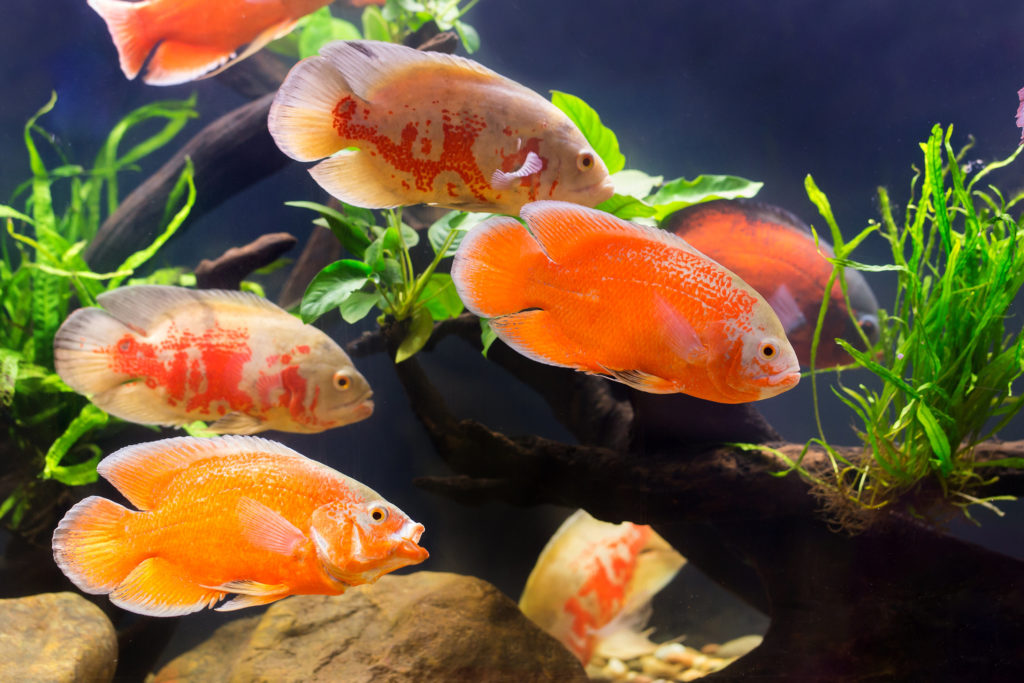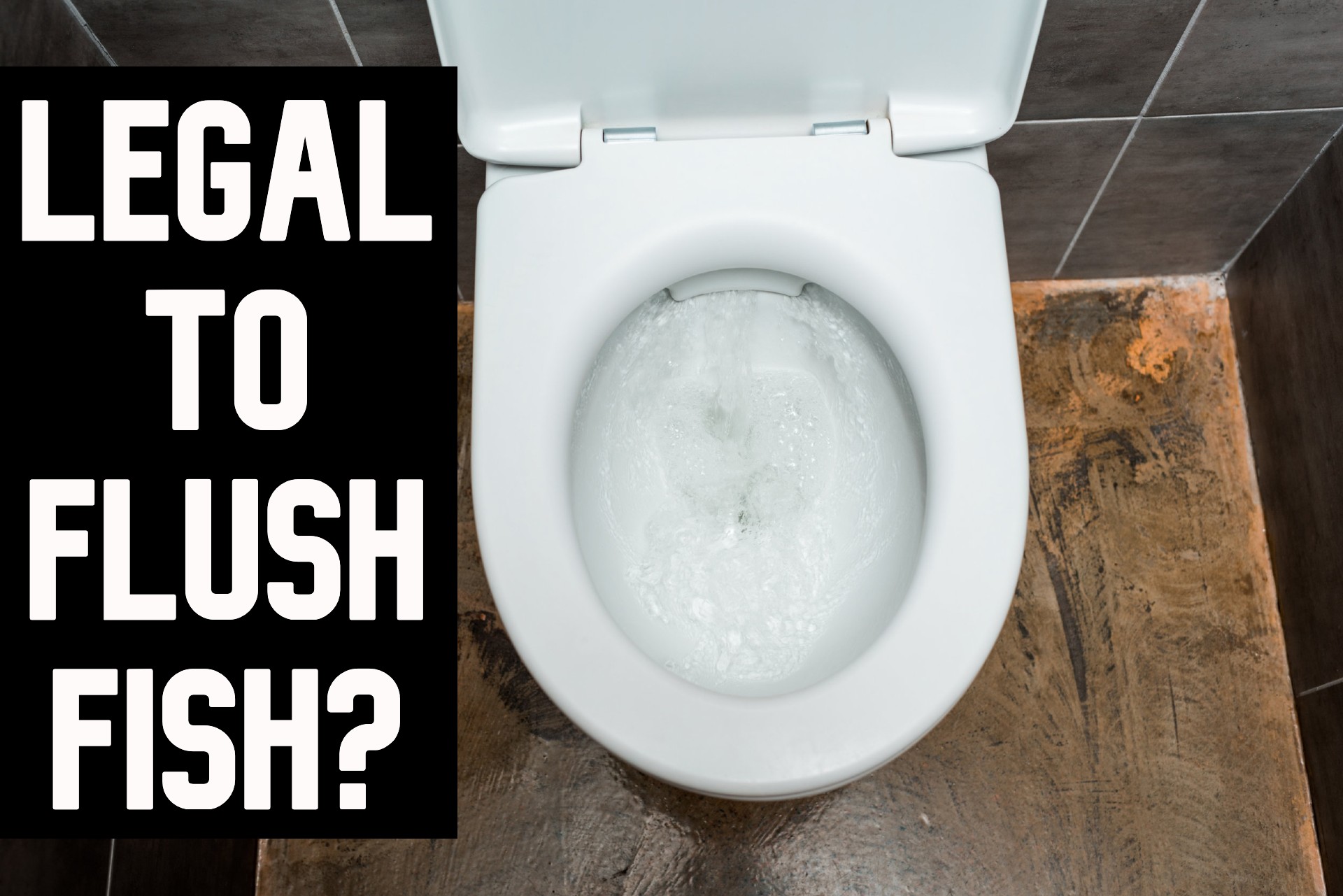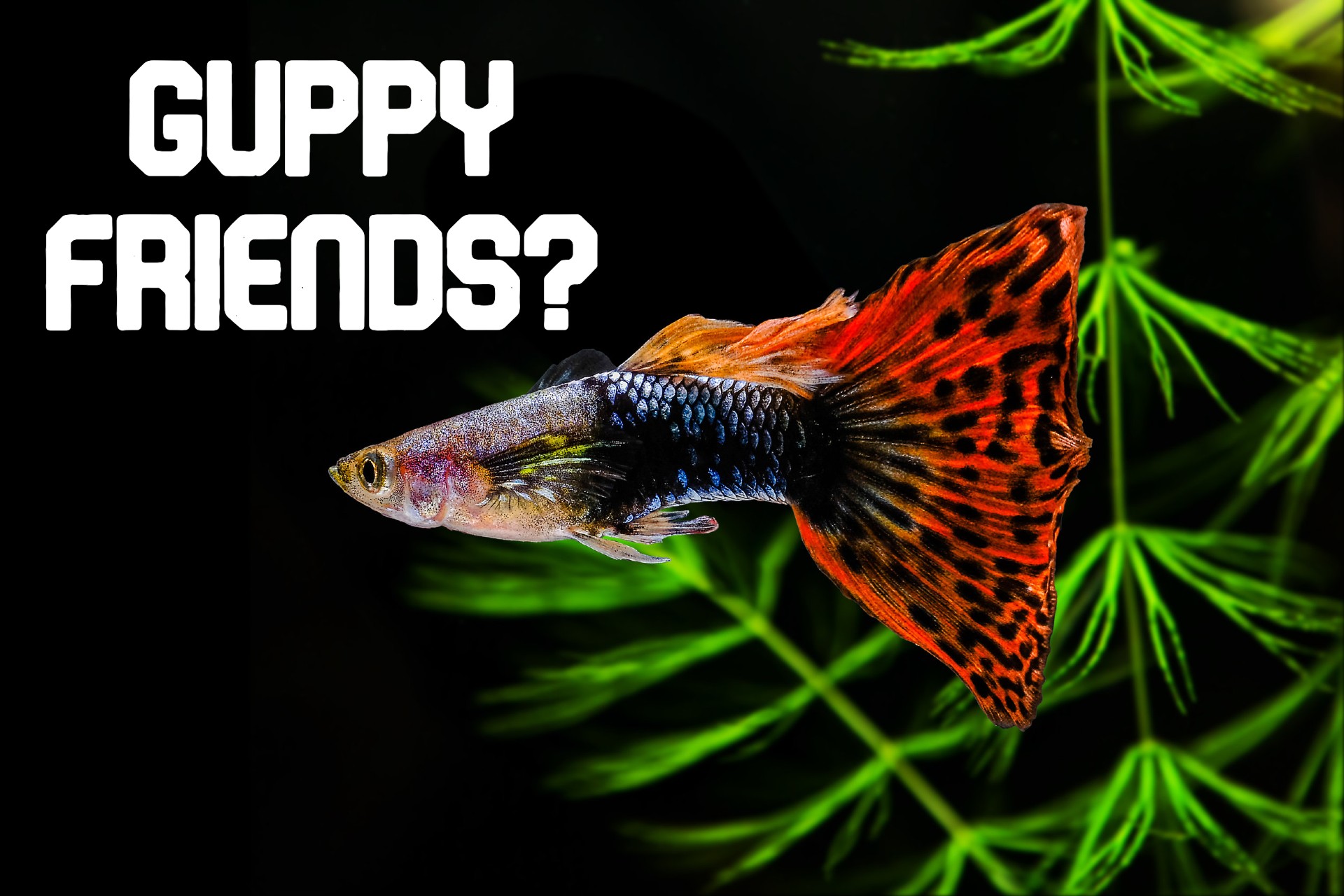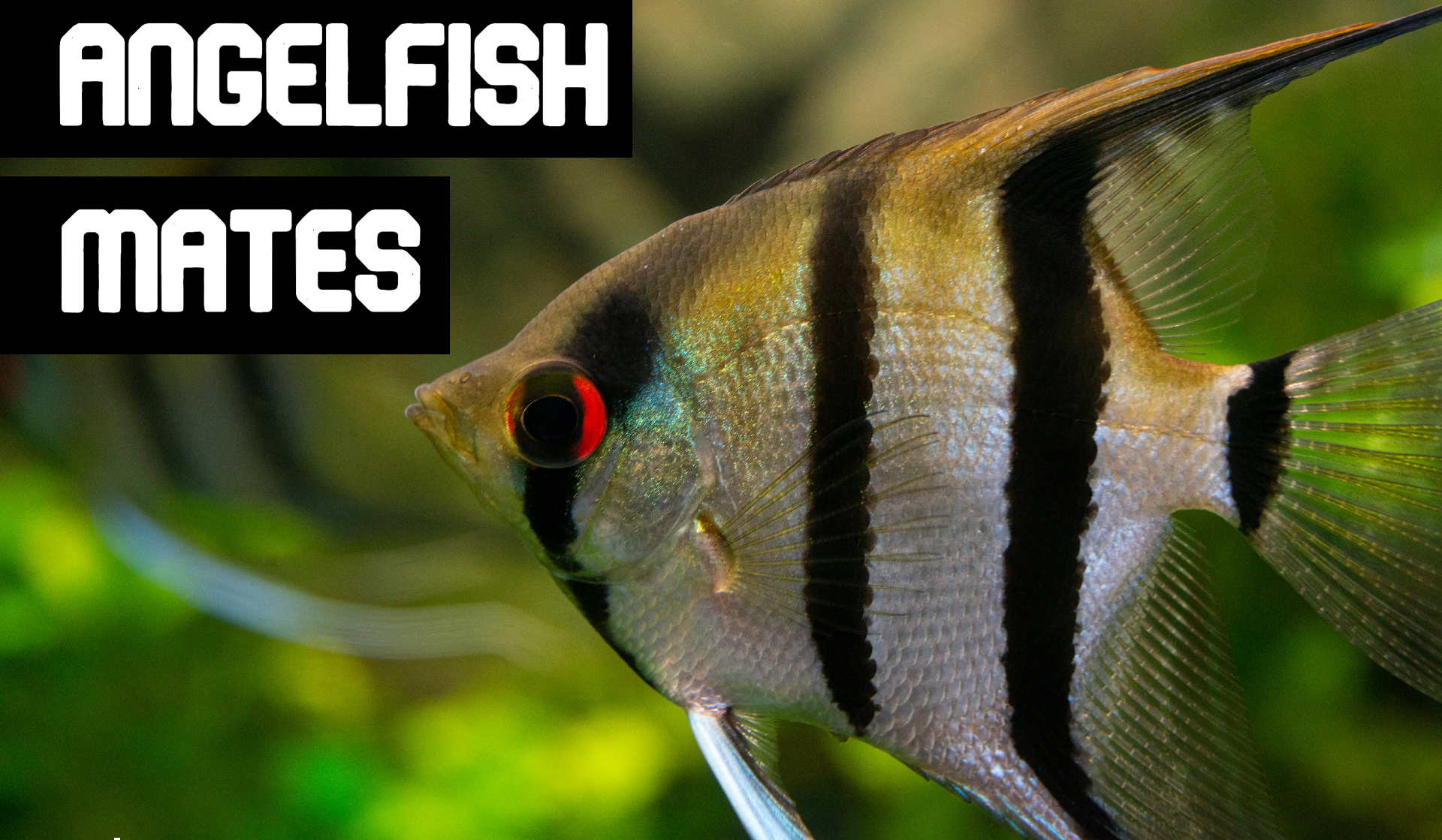There has always been the running joke of flushing your pet fish down the toilet if it dies. You and your family would have a fish funeral by the toilet and send it off to the unknown. Even in the movie Finding Nemo, they joke about flushing fish and how they will go into the ocean. But, is that really true? Is it even legal?
There might be laws in specific cities, but there is no United States Federal Law that says it is illegal to flush fish down the toilet. However, it is unwise to flush fish because when flushed, they are introduced into an ecosystem they do not belong to and can transmit diseases, which is harmful to the environment.
So, if it is not technically illegal, is it still okay to flush your fish. dead or alive, down the toilet? Keep reading to find out.
The Dangers of Flushing a Fish Down the Toilet
You may think that flushing your pet fish down the toilet will not affect you or the environment around you because of stereotypes in the world. This unfortunately is not true. There are many reasons you should not flush your pet fish down the toilet, dead or alive.
- Harmful to the fish
- Destroys the ecosystem
- Parasites
- Diseases
This may come off a little harsh, but it’s true! Let’s dive in deeper.
Harmful to the Fish
The first thing to note is that your fish may not be dead.
You may think that the fish is dead, but you can’t always be 100% certain. So, if you flush your fish thinking it is dead but it is not, you could be killing your fish.
The city water that is used in toilets can be harmful because of the way the water is treated.
It all depends on the situation, but there if there is a chance that your fish may be alive when you flush it, you want to be sure you don’t hurt it.
Destroys the Ecosystem

So, if your fish is alive, what does that mean?
Some fish actually survive the flushing and make their way into the local waterways, whether it be a lake, pond, or the ocean. This can become a large issue, especially if your pet fish is not native to your area.
When an invasive species, such as pet fish, is introduced to an ecosystem, it can cause a lot of damage.
Goldfish in particular are very invasive.
The Goldfish Dilemma is an actual thing that has become a large issue in the United States.
Goldfish reproduce quickly and can harm the native fish around them. They also root up native plants while searching for food, which destroys the ecosystem. Goldfish also eat a lot, which takes food away from the native fish and creatures. They also do not have a natural predator, so they will thrive in open waters.
Some people have found goldfish in lakes that are up to a foot and a half long, weighing 4.2 pounds.
In Niagara River, a Waterkeeper found a 14-inch goldfish downstream from the wastewater treatment plant. There are many stories and examples of goldfish that are found in rivers and lakes that they are not supposed to be in.
Goldfish are carp, like koi fish. Carps are known to eat fish eggs, which can be incredibly dangerous in waters they do not belong in. Native fish could be wiped out if goldfish take over their native area.
The U.S. Fish & Wildlife Service has estimated that invasive species, such as goldfish, have caused $120 billion in damages in the United States.
Parasites
While it is rare, flushing your fish down your toilet could harm you.
Fish, especially a fish that is dead, can carry parasites. Who knows, the parasite could be the reason your fish is dead.
When introducing your fish to your toilet bowl, the parasite is also introduced to your toilet. Now you could have a dangerous parasite in your home that you welcomely allowed in.
There are not many parasites that transfer between humans and fish, but there is still that chance. So, make sure you are thinking twice before flushing your fish.
Diseases
Building upon the idea of parasites, fish also can have diseases.
You do not know what your fish has died from, so you do not know if your fish has a disease or not.
When you flush your fish and it is introduced into wildlife, your fish can spread diseases. This can happen in a variety of ways.
For example, if your fish died from ich, a common fish illness, and you flush it down the toilet, you are exposing an entire ecosystem to ich. If ich gets into an ecosystem, it can kill that entire ecosystem. There are other diseases that could also kill off ecosystems.
Another example is if a larger fish eats your dead fish. If your fish has a disease and another fish eats it, that larger fish could also die from the same disease. Then, if another fish eats that fish, the disease continues to spread. So, just one flush could take out an entire ecosystem.

Alternatives to Flushing Your Fish
You may be asking yourself, “So if I cannot flush my fish, what should I do?” Do not worry. Here is a list of alternatives to flushing your fish if it is alive:
- Donate to a local pet shop
- Ask other fish owners
- Donate to a school
- Look for a fish club
- Donate to a nursing home
If you no longer want your fish, you do not need to flush it! There are so many people who could want your fish. Local pet shops sometimes will buy your fish from you if you do not want it anymore. Local fish clubs could also want to rescue your fish. Also, schools and nursing homes could take your fish off your hands. Before your flush, think of who could benefit from your fish.
Now, here is what you can do if your fish is dead:
- Bury the fish
- Put it in the trash
- Cremation
You should always check your local laws before disposing your fish, but you should not flush your fish. Don’t put it in the water or sewer.
We hope this post has been helpful!




